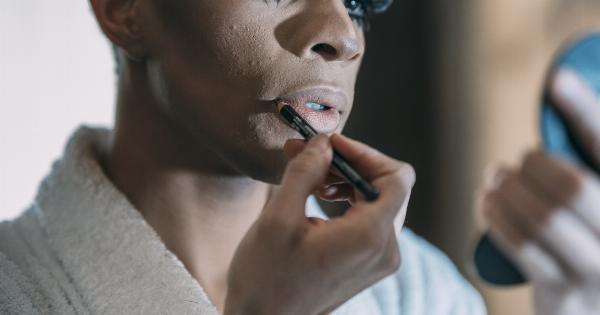Orgasms are a natural and pleasurable part of sexuality. They can occur during sleep, commonly known as nocturnal orgasms or night orgasm.
Night orgasm or sleep orgasm refers to an orgasm that occurs while a person is asleep, without any physical touch or stimulation.
However, there have been debates about whether men and women are equally likely to experience night orgasm. In this article, we will explore the differences and similarities between the sexes when it comes to nocturnal orgasms.
What Causes Night Orgasms?
Night orgasms occur during Rapid Eye Movement (REM) sleep, which is a stage of sleep where people experience vivid dreams. These dreams can be erotic in nature and lead to orgasm.
Research has shown that different parts of the brain become active during REM sleep, which can lead to increased blood flow to the genitals and an eventual orgasm.
It is also important to note that night orgasms are not limited to sexual dreams. They can occur during any dream that elicits strong emotional, physical, or mental responses.
Do Men and Women Experience Night Orgasms Differently?
Research has shown that both men and women can experience night orgasms, but there are some differences in how often they occur. Studies have suggested that men are more likely to have nocturnal emissions, also known as wet dreams, than women.
However, women are typically more likely to have multiple orgasms during a single night’s sleep.
It is also important to note that some medical conditions or medications can affect a person’s ability to have night orgasms.
For example, SSRIs (selective serotonin reuptake inhibitors) have been known to decrease the frequency of nocturnal emissions in men.
Other Factors That Affect Night Orgasms
Aside from gender, there are many other factors that can affect a person’s likelihood of having a night orgasm. These include:.
- Age: Night orgasms are more common during puberty and adolescence, but they can occur at any age.
- Stress: High levels of stress can make it more difficult to achieve orgasm during sleep.
- Diet: Certain foods and drinks, such as alcohol and caffeine, can affect sleep quality and decrease the likelihood of night orgasms.
- Physical activity: Regular exercise can increase blood flow and promote healthy sleep, which can lead to more frequent night orgasms.
Conclusion
Overall, there is no significant difference between men and women’s likelihood of experiencing a night orgasm. Both genders can experience this pleasurable event and enjoy the benefits that come with it.
However, there are numerous factors that can affect a person’s ability to achieve orgasm during sleep, so it’s important to take care of your overall health and well-being in order to increase your chances of having a nocturnal orgasm.




























